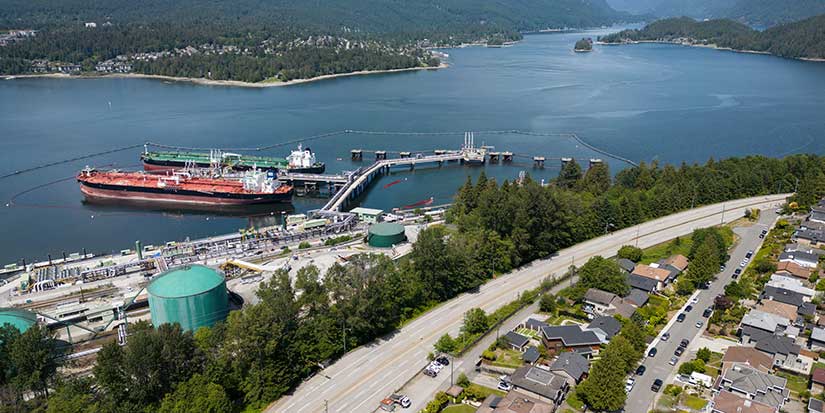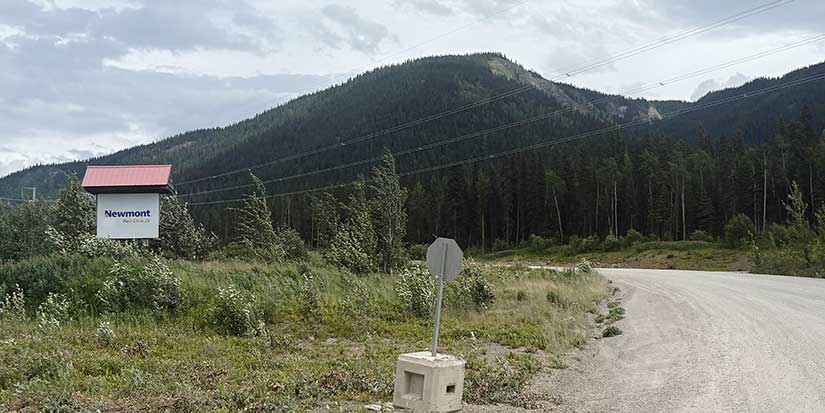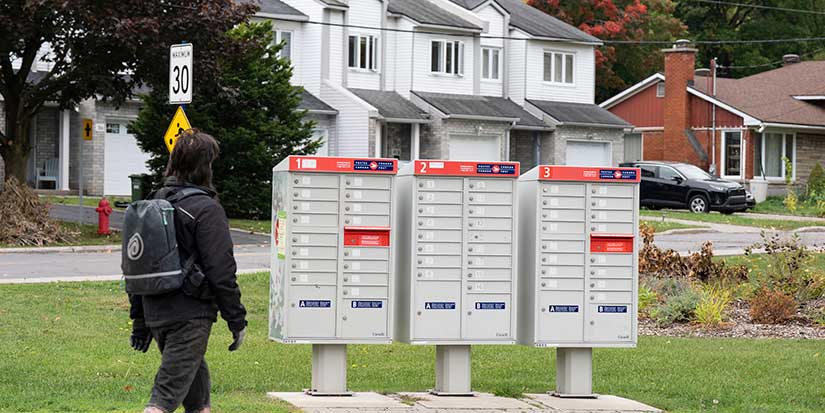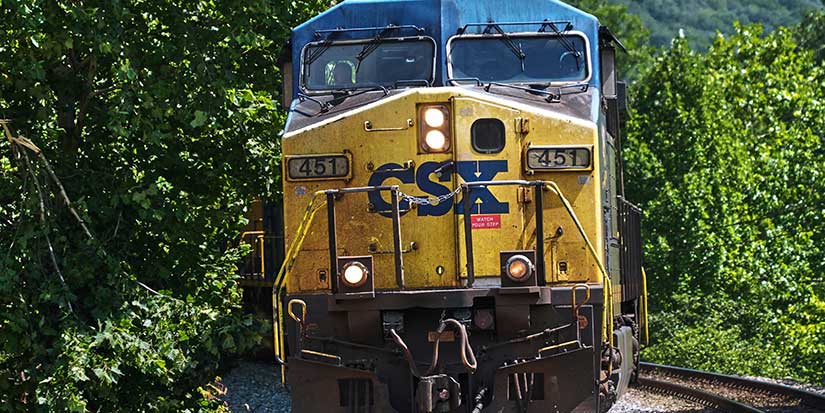Provincial News
Trans Mountain faces $292k environmental fines after 2024 B.C. rainstorm: regulator
Published 12:00 PDT, Thu October 16, 2025
—
Trans Mountain is facing $292,000 in regulatory fines for alleged environmental issues in January 2024 along a stretch of its British Columbia pipeline expansion route hit by a major rainstorm.
The Canada Energy Regulator posted four penalties dated Oct. 3 to their website and referred The Canadian Press to an inspection order and compliance report when asked for details.
The inspection order details alleged issues with watercourse crossings, questionable response times, broken wildlife fencing and a small landslide along the pipeline expansion route in the B.C. Fraser Valley after heavy rainfall in January 2024.
Watercourse crossings are a common way to divert a stream around pipeline construction to avoid sediment or contaminants from getting into the water.
Trans Mountain has 30 days to request a review or pay the $292,000, with each penalty ranging from $64,000 to $88,000.
In a statement, a company spokesperson said it had received notice of the fine and was reviewing details of the decision.
"We take our regulatory requirements, including our commitment to environmental protection, seriously," read the statement.
The specifics of the alleged issues, contained in what's called a notice of violation, are not posted publicly until after the 30-day period or a review is done.
A major rainstorm in late January 2024 dumped around 100 millimetres on parts of the Fraser Valley and flooded low-lying areas along the pipeline route.
An inspection near the Sumas River crossing in Abbotsford turned up several issues, according to an order prepared by a CER official who visited the storm's aftermath on Jan. 29.
The inspection order cites erosion controls, pump locations and wildlife exclusion fencing for an endangered snail all in need of repair or maintenance, along with a 100-metre landslide of saturated soil.
No crews responsible for erosion control were seen and the issues were still outstanding on Jan. 31, the order notes.
Nearby, the inspector reported sediment-laden water getting into two streams while pumps to manage surface water had not been turned on, as they were supposed to be during heavy rains.
Further east, in Chilliwack, the inspection order notes company officials had learned a roadside ditch crossing had been breached early on Jan. 28, but extra pumps on site were not turned on until the next afternoon.
The regulator ordered Trans Mountain to "immediately respond with all available resources to address environmental deficiencies and non-compliances" along the Fraser Valley pipeline route. It also told the company to investigate the "root cause" of the "lost watercourse crossing" in Chilliwack and the rain impacts to three crossings near the Sumas River, according to the order dated Jan. 31.
"The scope of the investigation will include but not be limited to why contingency measures were not implemented in a timely manner, contractor oversight, resourcing, and assessment of needs as it applies to water management," says the order.
A copy of the investigation and a plan for how to fix the issues identified was to be sent to the regulator, along with a water management resource plan for the remainder of the Fraser Valley pipeline construction.
A followup compliance report suggests those requirements were met and the inspector closed the file in April 2024.
The maximum daily fine – or administrative monetary penalty – a company can face by the regulator is $100,000, and each day an issue continues is considered a separate violation.
Trans Mountain was issued four penalties for violations starting Jan. 28 through Jan. 31, each ranging from $66,000 to $88,000.
In a statement, a spokesperson for the regulator said, "safety is at the core of everything we do and informs our top priority: protecting people, property and the environment."
The Trans Mountain project twinned an existing pipeline from Alberta to the B.C. coast. The project first proposed by Kinder Morgan in 2012 to boost Canada's oil exports was met by fierce environmental and Indigenous resistance.
Beset by issues, the project was salvaged by the federal government in a $4.5-billion sale in 2018. Costs spiralled to around $34 billion by the time it opened in May 2024, with questions still looming about how large government loans will be repaid.
The company was last issued an administrative monetary penalty by the CER in 2022. That October, it was fined $164,000 in connection to a 2020 workplace death near Edmonton.
In February 2022, it was initially penalized $88,000 for disturbing bird nests, but the fine was later revised down to $4,000 on review.
– Jordan Omstead, The Canadian Press








































